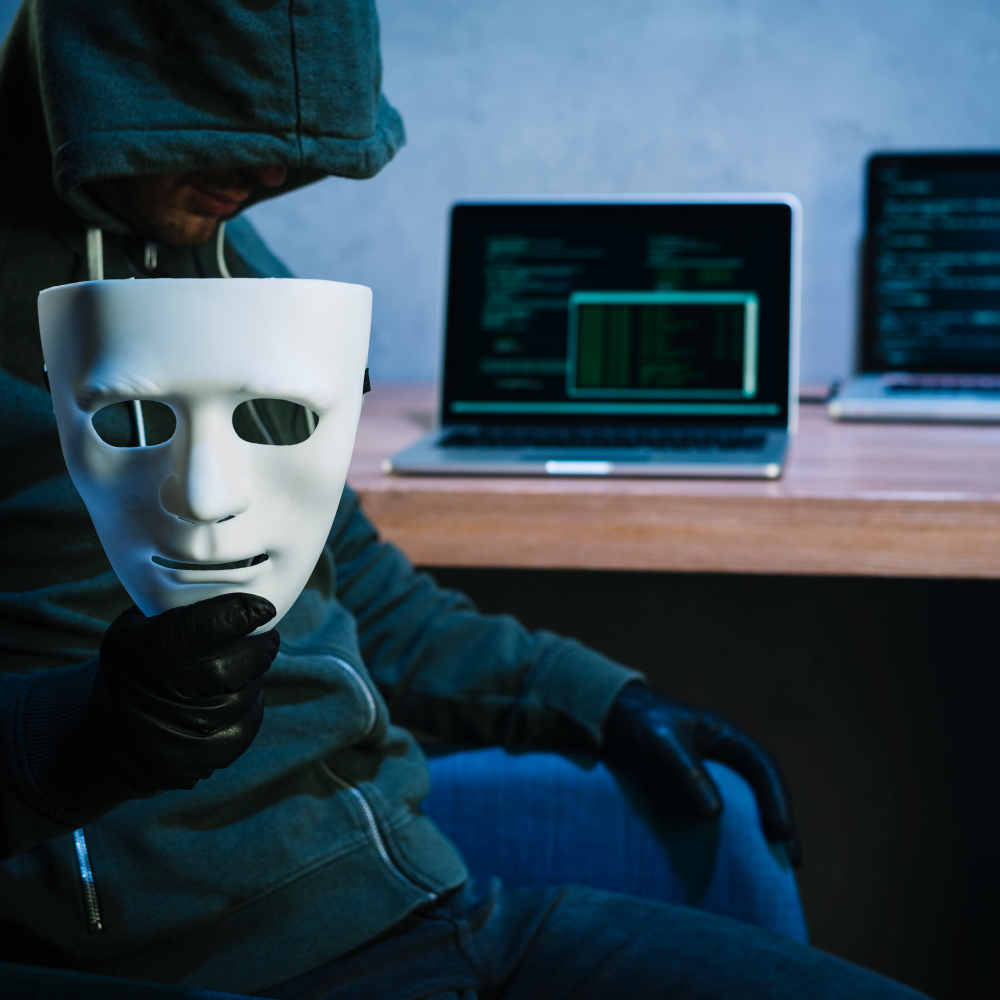
Detective services, also known as private detective or private investigator services, involve a wide range of investigative activities conducted by professionals to gather information, conduct research, and solve various types of cases.
Private detectives are hired by individuals, businesses, attorneys, and organizations to investigate various matters, including legal, personal, and corporate issues. Here are some common aspects of detective services:
- Background Checks: Private investigators conduct background checks on individuals for various purposes, such as pre-employment screening, tenant verification, or personal relationships. These checks may involve criminal history, financial background, and character references.
- Surveillance: Surveillance is a common investigative technique used to monitor the activities and movements of individuals. This can be useful in cases of suspected infidelity, insurance fraud, or employee misconduct.
- Missing Persons: Private detectives may be hired to locate missing persons, including runaways, estranged family members, or individuals who have disappeared under suspicious circumstances.
- Infidelity and Matrimonial Investigations: Investigating suspicions of infidelity or gathering evidence of wrongdoing in marital relationships is a common request for private detectives.
- Corporate Investigations: Businesses hire private investigators to conduct investigations related to employee misconduct, internal theft, embezzlement, corporate espionage, and intellectual property theft.
- Insurance Investigations: Investigating insurance fraud cases, including fraudulent injury claims, property damage claims, and workers’ compensation cases.
- Asset Searches: Conducting asset searches to locate hidden or undisclosed assets in legal disputes, divorce proceedings, or financial investigations.
- Child Custody and Family Court Cases: Private investigators may gather evidence related to child custody disputes and family court cases to support legal proceedings.
- Criminal Defense: Private detectives may assist criminal defense attorneys in gathering evidence, interviewing witnesses, and conducting investigations to build a defense for their clients.
- Undercover Operations: Engaging in undercover operations to uncover illegal activities, such as drug trafficking, prostitution, or illegal gambling.
- Security Consultations: Providing security consulting services to individuals or businesses to assess vulnerabilities and develop security plans to prevent potential threats.
- Surveillance Equipment: Utilizing specialized surveillance equipment, such as hidden cameras, GPS tracking devices, and listening devices, to gather evidence.
- Witness Interviews: Conducting interviews with witnesses, informants, and involved parties to gather information and statements for legal cases.
- Evidentiary Support: Gathering and preserving evidence that may be used in legal proceedings or investigations.
It’s important to note that private investigators are often subject to licensing and regulatory requirements that vary by jurisdiction. They must adhere to legal and ethical guidelines in their investigative activities. Additionally, the scope of their work can vary significantly depending on the specific needs and objectives of their clients.
When considering hiring a private detective or investigator, it’s essential to choose a licensed and reputable professional with expertise in the specific type of investigation required. Clients should also ensure that the investigator complies with all legal and ethical standards during the course of the investigation.